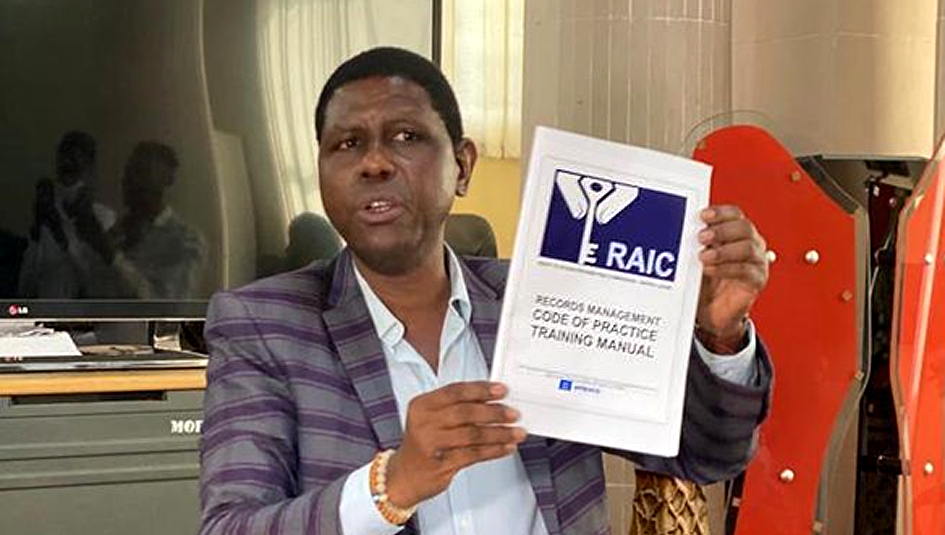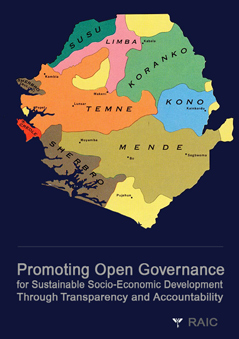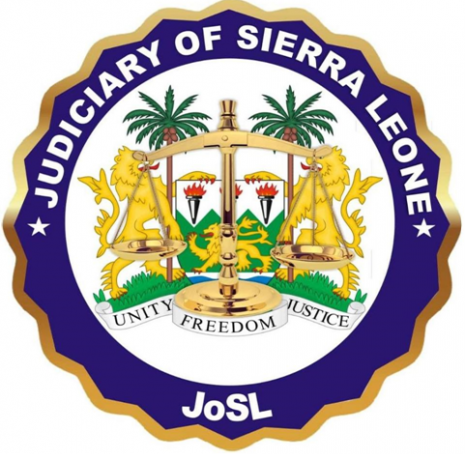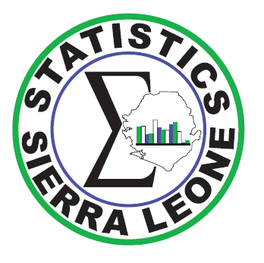The Right to Access Information Commission (RAIC) has on Tuesday 30th November 2021 launched the Records Management Code of Practice Training manual in Freetown.
The ceremony was held at the Ministry of Finance Conference Hall in collaboration with Ministries, Departments, and Agencies MDAs, Civil Society Organizations CSOs, Academia and the media.
RAIC Chairman and Information Commissioner (CIC) Dr. Ibrahim Seaga Shaw said the launching of the Records Management Code of Practice Manual climaxes a series of events the commission has had over the past months with support from UNESCO. This, he said, is aimed at promoting openness as there is no accountability without records, and moreover because decisions and policies are informed by the availability of not just records, but credible records. The CIC cited part 4, section 27 (1) of the RAI Act 2013 as the rationale for undertaking these activities, citing that public authorities most times have issues with audit perhaps not necessarily because they involve in corrupt practices but because of their poor record keeping. He paid tribute to UNESCO, Civil Society, stakeholders and RAIC staff for supporting the process that has yielded this result.
Dr Shaw prefaced his statement by reporting that his Commission has made a steady progress in the popularisation of the RAI law and boosting compliance by public authorities, especially with proactive disclosure of information and responding to freedom of information requests, all of which he said has contributed to Sierra Leone jumping five places in the MCC Score Card from 85% in 2020 to 90% this year.
“I want to take this opportunity on behalf of the Commission to formally launch the Records Management Code of Practice Training Manual, and hope that it would be used to promote compliance with the RAI Law” Dr. Shaw concluded. The Manual contains a Preamble, Functional Responsibility, definition of key terms and Monitoring of the Implementation among key components.
Giving a background to the event, the Archivist of the RAIC Fanta Morgan described records as a process that can only be built through effective collaboration and not in isolation.

Senior National Archivist Albert Moore described the effort and strides of RAIC on records management as laudable noting that the Act emphasises the importance of Records Man
agement to access Information. A weak records system leaves the scope for corruption to thrive and hinders poverty reduction, economic growth and prosperity. “The RAI law is meaningless except records are put in place to complement access”, he added. He ended up asking the RAIC to continue to push for the new archives Bill to become law, work with other stakeholders in the records circle to improve the cadre of records managers and the restructuring of all records offices across the regions as a must do aim of the Commission.
Participants who were drawn from different MDAs and CSOs expressed delight on the gains the Commission is making and urged them to monitor the utilization of the document by Public Authorities as they promised to cascade the information including copies of the manual to their respective institutions.



















